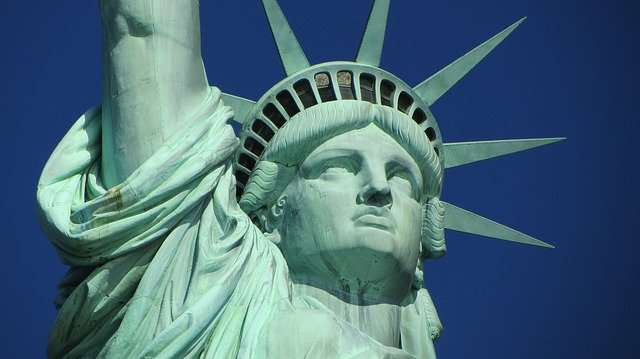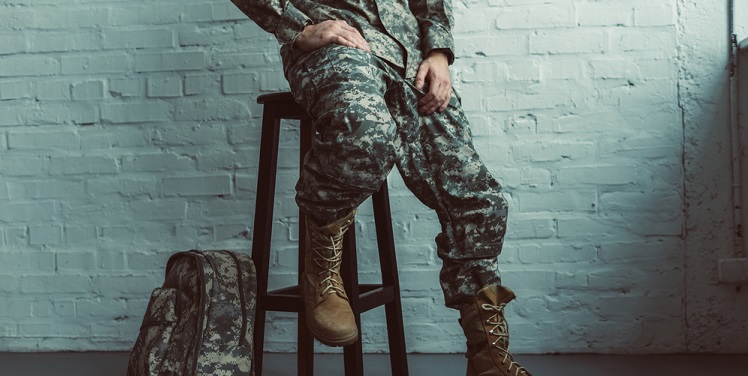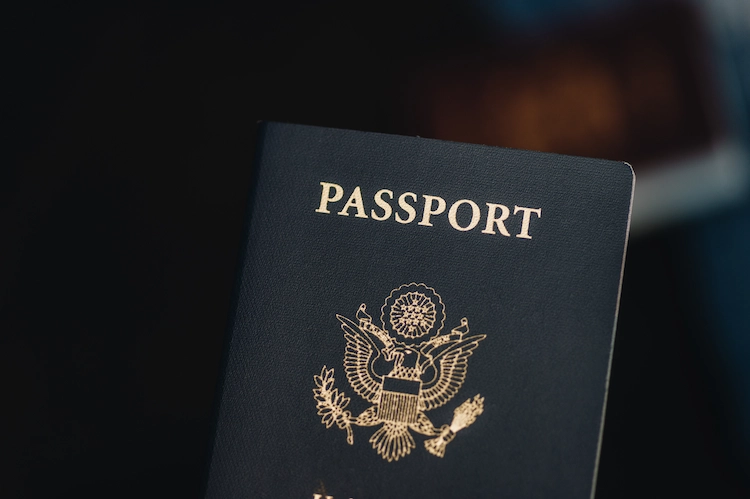Menu
Hot-Topics
June 30, 2025 | Supreme Court Rejects Moment of Threat Doctrine in Deadly Force Case
Month: January 2021

Supreme Court Hears Oral Arguments in Three Cases
The U.S. Supreme Court began its January sitting on January 11, 2020. In light of the COVID-19 pandemic, the justices will continue to hear oral arguments remotely for the foreseeable future. Below is a brief summary of the issues before the Court l...

Supreme Court Rules Census Suit Not Ripe for Judicial Review
The U.S. Supreme Court recently dismissed a lawsuit challenging the Trump Administration’s policy of excluding undocumented immigrants from the apportionment base when conducting the U.S. census. By a vote of 6-3, the majority concluded that the l...

SCOTUS Sides With New Mexico in Interstate Dispute Over Pecos River
In Texas v. New Mexico, 592 U. S. ____ (2020), the U.S. Supreme Court denied a motion by the State of Texas to review the Pecos River Master’s determination that New Mexico was entitled to a delivery credit for evaporated water stored at Texas’ ...

US Supreme Court Rejects Statute of Limitations for Military Rape
In United States v. Briggs, 592 U. S. ____ (2020), the U.S. Supreme Court unanimously held that there was no time limit for filing rape charges under the Uniform Code of Military Justice. Accordingly, the Court reinstated the convictions of three fo...
Previous Articles
SCOTUS Holds Wire Fraud Statute Doesn’t Require Proof Victim Suffered Economic Loss
by DONALD SCARINCI on June 24, 2025
In Kousisis v. United States, 605 U.S. ____ (2025), the U.S. Supreme Court held that a defendant wh...
SCOTUS Holds Wire Fraud Statute Doesn’t Require Proof Victim Suffered Economic Loss
by DONALD SCARINCI on June 17, 2025
In Kousisis v. United States, 605 U.S. ____ (2025), the U.S. Supreme Court held that a defendant wh...
SCOTUS Considers Birthright Citizenship
by DONALD SCARINCI on June 13, 2025
On May 15, 2025, the U.S. Supreme Court heard oral arguments in Trump v. CASA, Inc., Trump v. Washi...
The Amendments
-
Amendment1
- Establishment ClauseFree Exercise Clause
- Freedom of Speech
- Freedoms of Press
- Freedom of Assembly, and Petitition
-
Amendment2
- The Right to Bear Arms
-
Amendment4
- Unreasonable Searches and Seizures
-
Amendment5
- Due Process
- Eminent Domain
- Rights of Criminal Defendants
Preamble to the Bill of Rights
Congress of the United States begun and held at the City of New-York, on Wednesday the fourth of March, one thousand seven hundred and eighty nine.
THE Conventions of a number of the States, having at the time of their adopting the Constitution, expressed a desire, in order to prevent misconstruction or abuse of its powers, that further declaratory and restrictive clauses should be added: And as extending the ground of public confidence in the Government, will best ensure the beneficent ends of its institution.
Awards





